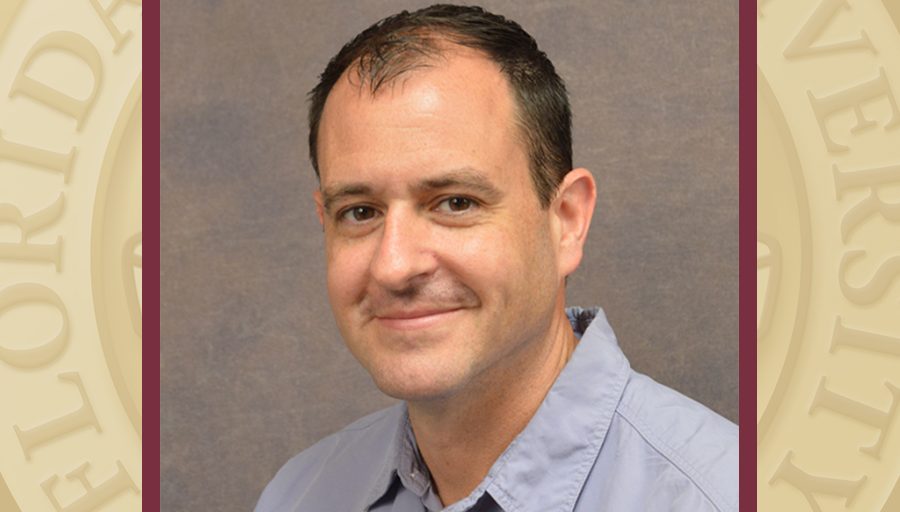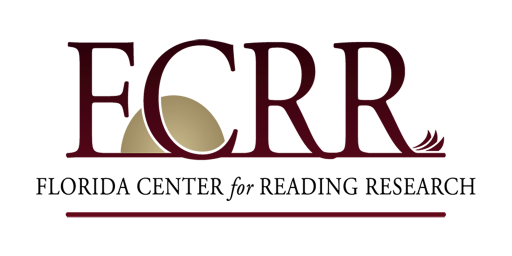
As a research associate at Florida State University’s Florida Center for Reading Research, Christopher Stanley is focused on human development and performance — how people learn, manage mistakes and make improvements in educational domains.
For the next several weeks, the human performances he will be focused on are those of the athletes on the USA Track & Field team as they compete at the Tokyo Olympics. Stanley is serving as the team’s sport psychologist.
Stanley shared some insights into his work as a researcher, how it connects to sport psychology and how he will be helping U.S. athletes perform at their best:
You’re a researcher with the Florida Center for Reading Research. How do you connect that to sport psychology?
“I have two feet in these different domains, and there’s not always a

connection, but there are some similarities. At a broad level, they’re both about human development and performance.
They’re about investigating and implementing best practices to support individuals to meet certain performance standards, figuring out when people are not progressing in ways you would expect, and how you can best intervene to support them moving forward. You can also identify and develop specific skills and areas of need.
Another similarity would be that research in these domains involves investigating the biological, neurological, social and motivational factors that matter to individuals and how that may translate into practice. With USA Track & Field, I am primarily involved with the practice — helping athletes prepare for high-performance situations.”
These particular games won’t include spectators. How can athletes perform at their best in that unusual situation?
“Part of the preparation for athletes is examining those what-ifs. Elite-level athletes set goals and do deep dives into performance and process goals. Part of that is competition planning, and that includes being prepared for when something doesn’t quite go according to plan and they have to adapt. Lack of spectators is one of those scenarios.
In one respect, this might remove some distracting stimuli, but in another sense, some athletes may lean heavily into spectators and that noise and stimulation. They embrace it to get to an ideal physiological or cognitive state. That will be part of our dialogue and planning. That’s part of this work, not only for me, but it’s the nature of these team trips for athletes. Even if they’re a first-time Olympian, they’ll still likely have been on other international team trips and have seen how that plays out. There’s always something. There are different countries and different socio-cultural conditions and rules. You plan as best you can, but you’re still ready to adapt. That’s one way in which it can be useful to have some mental skills and coping strategies to use.”
What is a day as a sport psychologist like at an event like the Olympic Games?
“This will be my first Olympic Games experience, but I’ve been on several other international team trips with USA Track and Field. There are pre-competition, competition and post-competition phases, and there are a lot of different events, qualifying heats and rounds of competing. While one athlete may be having their event days later, another athlete might be having their finals that day. Some might be dealing with issues from jet lag and getting back on their circadian rhythm. Others might be approaching finals and will want to hone regulatory skills that will help them be as ready as possible when they step out there. And others will be finishing competition. They might be dealing with a level of disappointment. They might have just medaled. I will be there to help them with that reflective processing stage, and in some cases, help facilitate healthy mistake management or adaptive learning processes with them. The days are extremely long for coaches and medical staff members. At all times, I am there to serve the athletes.”
The athletes you’re advising are among the world’s best at what they do, but are there any lessons recreational athletes can adopt for their own lives and athletic endeavors?
“In a lot of respects, the theory, the research and the techniques that I use when I work with Olympic-level athletes, a lot of that does translate to other levels of competition, ages and other sports. Some of the things we do include helping athletes handle pressure, regulating arousal, managing mistakes, redirecting irrelevant thoughts or attentional focus, promoting positive self-talk or enhancing their learning experiences from performances. If a sport psychologist is doing their job well, they should be able to help athletes of all levels by equipping them with tools to develop as an athlete and to be ready for performance.
There are relatively simple skills and tools, including some simple breathing and mindfulness practices and exercises, that can go a long way. They don’t disrupt performance routines and they’re virtually undetectable to anyone else in their environment, but they can have far-reaching positive outcomes in terms of managing internal states and redirecting attention to more useful and practical kinesthetic cues.
Going back to where we started this interview, researchers are trying to tap into the factors that promote positive developmental trajectories and outcomes. Whether that is in athletics or education, mindset matters. It matters for how you approach skill development, managing mistakes and how you reflect and learn. You’re trying to instill athletes with a process orientation. It’s a deep dive into ‘How can I personally get better? How can I improve? How can I be best prepared to confront the challenges of competition?’”




